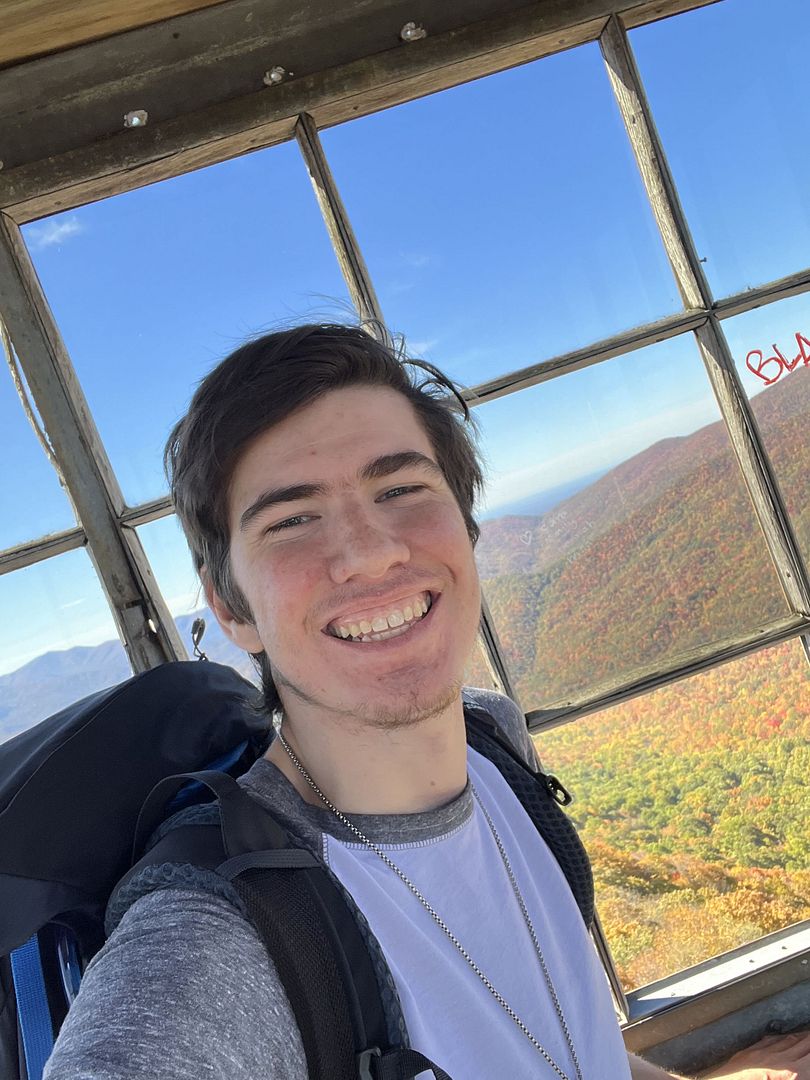
Matthew Blendermann is a distinguished graduate of the University of New England, holding a Bachelor of Science in Aquaculture and Aquarium Science. His dedication to ocean conservation and sustainable fisheries has been a driving force throughout his career. Blendermann has spent years immersing himself in both academic and practical aspects of ocean sciences, participating in national competitions like the National Ocean Science Bowl during high school, and furthering his expertise by becoming an Enriched Air Divemaster certified by the Professional Association of Diving Instructors. Currently, Blendermann is exploring opportunities within traditional commercial fisheries and aquaculture, to advance sustainable practices that benefit our ocean environments. This interview delves into his journey, offers insights, and explores his future aspirations, providing a deeper understanding of his fervent commitment to the field of aquaculture.
What initially drew you to the field of aquaculture and ocean conservation?
My love for the sea began at an early age. It was the combination of fascination for the ocean’s mysteries and the pressing need to protect it that directed me towards aquaculture and ocean conservation. Growing up, I was captivated by the idea of working with and safeguarding our ocean planet for the benefit of everyone. This passion carried me through my education and continues to guide my career path today.
Looking back, how did your experiences at the University of New England shape your career trajectory?
The University of New England provided a solid foundation in Aquaculture and Aquarium Science, which was a relatively new field at the time. Being part of a pioneering program equipped me with the necessary skills and knowledge to pursue a career in aquaculture. The hands-on experiences and the support from my professors were instrumental in shaping my journey. Additionally, participating in events like the National Ocean Science Bowl honed my competitive spirit and deepened my understanding of ocean sciences.
Could you describe a pivotal moment in your career that significantly impacted your professional growth?
One of the pivotal moments was when I had the opportunity to guide a coworker through a personal challenge related to undiagnosed mental health issues. By encouraging him to seek professional help, I witnessed not only his transformation but also realized the broader impact one can have on others in a professional setting. This experience reinforced my belief in the importance of empathy and support in the workplace.
What do you see as the most crucial qualities for a leader in your field, and how do you embody these?
In my view, kindness, dedication, measured confidence, and organizational skills are paramount for any leader. I strive to embody these qualities by maintaining sincere compassion in all my interactions, staying committed to my work despite challenges, and ensuring that my confidence is backed by the capability to meet expectations. Furthermore, my penchant for organization and efficiency is something I consistently bring to my professional endeavors.
How do you handle the balance between taking on tasks yourself and delegating responsibilities to others in a team setting?
I approach this by taking on the most challenging tasks or those that would significantly ease the workload of others. I believe in delegating based on the capacity to perform at a high standard rather than the speed of completion. This approach not only ensures quality work but also helps in building a supportive and efficient team environment.
What methods do you use to motivate your team to achieve outstanding results?
Fostering positivity and reinforcing team members’ skills and abilities are key strategies I employ. I believe that morale is crucial for achieving good results, and while incentives do play a role, maintaining genuine positivity and encouragement throughout the process leads to better outcomes.
In your opinion, what are the keys to effective decision-making, particularly in the context of your field?
Effective decision-making involves a thorough understanding of the context, careful consideration of potential outcomes, and a firm commitment to the decision made. These elements ensure that decisions are not only well-informed but also resolutely executed, which is essential in fields like aquaculture, where conditions can be dynamic and challenging.
Can you share any continuing education or training initiatives you are involved with to stay ahead in your field?
Although I am not currently enrolled in any formal education programs, I have previously pursued additional certifications from organizations such as AALSO, PADI, and DAN. These certifications and extracurricular activities have given me a competitive edge in my field, enabling me to stay current with industry standards and best practices.
Blendermann’s journey in the realm of aquaculture and ocean conservation highlights his unwavering commitment to advancing sustainable practices and supporting those around him. His insights reflect a thoughtful approach to leadership and collaboration in a field that is vital for the future of our oceans.
Exploring Blendermann’s Expertise, Achievements, and Vision for the Future
Continuing our discussion with Matthew Blendermann, we delve deeper into his expertise in aquaculture and ocean conservation, highlighting his notable achievements and exploring his vision for the future.
How do you stay informed and ahead in the rapidly evolving field of aquaculture?
Staying ahead in aquaculture requires both formal education and continuous learning through certifications from reputable organizations such as AALSO, PADI, and DAN. Though I am not currently enrolled in any formal programs, I have been involved in numerous extracurricular activities in the past to maintain an edge. It’s crucial to stay informed about industry trends and innovations, so I frequently engage with scientific literature and attend relevant seminars.
Can you share some of your most significant achievements in your career thus far?
Certainly, one notable achievement was participating in the National Ocean Science Bowl during high school, which was a pivotal experience for me. It not only deepened my interest in ocean sciences but also honed my competitive spirit. Another achievement is earning my degree in Aquaculture and Aquarium Science from the University of New England, which was a trailblazing program at the time. Becoming an Enriched Air Divemaster certified by the Professional Association of Diving Instructors was also a significant milestone.
What is your strategy for building and maintaining strong professional relationships?
Maintaining strong professional relationships requires offering support both professionally and personally. I strive to balance professionalism with sincerity and a casual demeanor, which has allowed me to maintain long-lasting connections with colleagues and mentors. This approach has been effective in fostering a supportive network, even after transitioning to new positions.
What are your methods for setting and achieving your professional goals?
While I certainly have overarching goals, I focus on working within my means on a day-to-day basis. This means doing my best work for that day without being discouraged by less productive times. I allow for some flexibility with deadlines as long as tasks are completed within a reasonable timeframe. This approach helps maintain motivation and morale, which are essential for achieving long-term objectives.
How do you handle difficult situations, whether with clients or colleagues?
Handling difficult situations requires calmness and non-confrontation. I’ve learned that reacting emotionally often leads to more complications. Instead, I focus on understanding the issue from multiple perspectives and strive to resolve conflicts in a peaceful manner.
What is your vision for the future of aquaculture and your role within it?
My vision for the future of aquaculture involves advancing sustainable practices that benefit both the environment and the industry. I see great potential in integrating new technologies to improve efficiency and sustainability. I hope to contribute by working closely with traditional fisheries and aquaculture enterprises to implement practices that ensure the long-term health of our oceans. I am enthusiastic about the prospect of driving innovation in this field.
What excites you most about the future of your field, and what are your aspirations moving forward?
The most exciting aspect of the future of aquaculture is the potential for innovation to transform the industry, particularly through the adoption of sustainable practices. I aspire to be at the forefront of these changes, advocating for conservation and responsible resource management. I am also looking forward to completing my first novel, which reflects my passion for the sea and creative expression.
—
Matthew Blendermann‘s journey exemplifies a dedicated commitment to aquaculture and ocean conservation. His insights into leadership and sustainability highlight his passion for making a positive impact in his field. With a clear vision for the future, Matthew Blendermann continues to pursue opportunities that aim to preserve our ocean environments for future generations.




